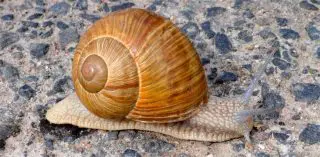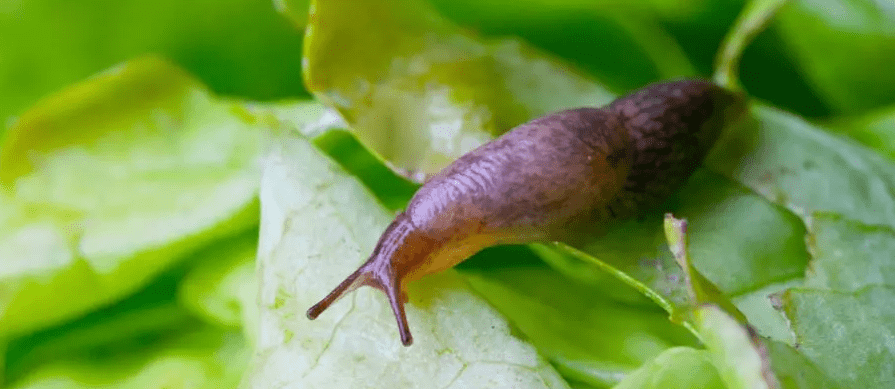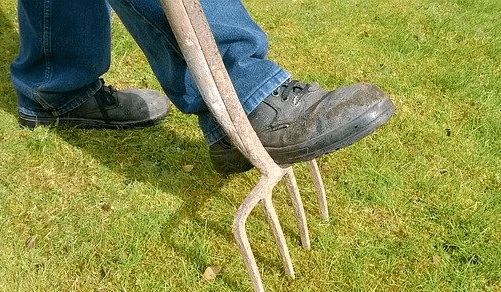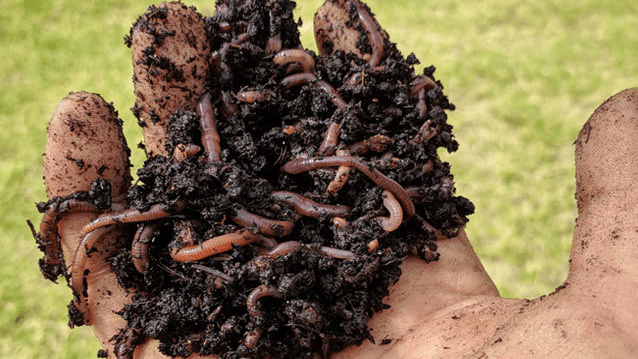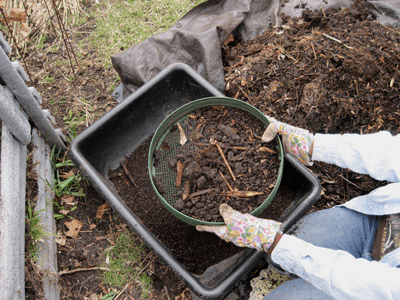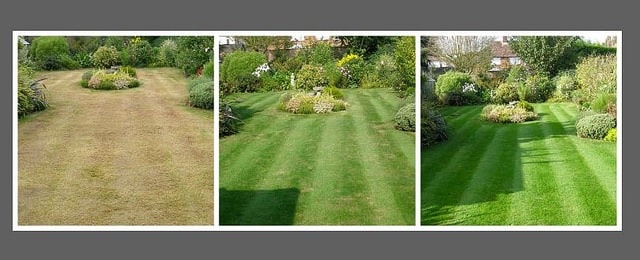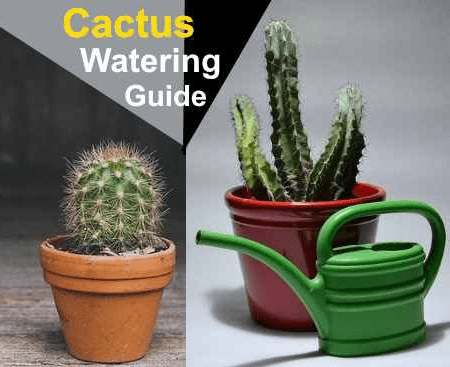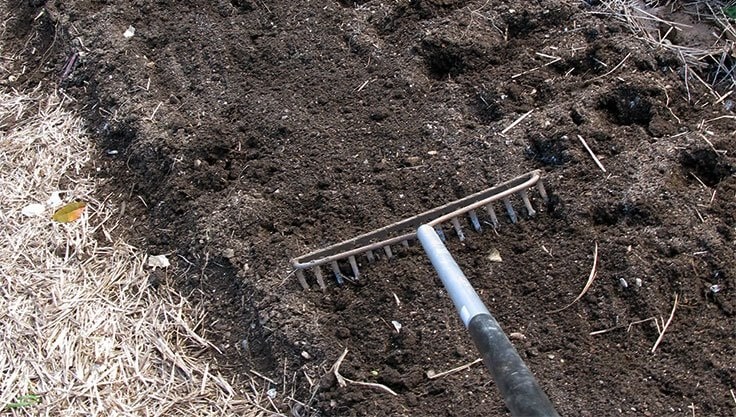Snails in the garden – not really nice
Snails can not only cause great destruction in the garden, but are also often difficult to get rid of.
If you want to avoid destroyed vegetable beds and eaten ornamental plants, you can prevent a plague of snails with different measures. If the snails have already invaded the garden, commercially available pesticides can help to get rid of the pests. But also time-tested home remedies are still used in the fight against snails.
Contents
Damage caused by snails in the garden
Snails in the garden cause great damage, especially in lettuce and flower beds, as the tender lettuce and flower leaves are among the preferred foods of the creepy-crawlies.
But other vegetable and ornamental plants are also regularly attacked by snails. One reason for the snail plague is the high moisture of most garden soils, which provides an ideal habitat for the snails. Shady and moist hiding places preferred by the animals are also found in large numbers in most gardens.
Preventing a plague of snails: five tips against pest infestation
To prevent a snail infestation, many garden owners use snail fences. These plastic or metal fences are about 10 cm high and keep the slugs away from the endangered beds.
A protective layer of lime or sawdust covering the soil around the beds is also helpful; with this method, the rough surface causes problems for the sensitive slug skin.
Another commonly used remedy against slugs in the garden is the classic coffee grounds method, in which coffee grounds are spread around the beds and drive the animals away. Those who plant their gardens close to nature also create an ideal habitat for slugs’ natural enemies, such as hedgehogs or moles.
Proper watering can also prevent slug infestations. Watering in the evening attracts nocturnal species; it is better to water heavily in the morning instead.
One advantage of these five methods is that you can prevent a slug infestation without using chemicals.
Successful slug control with traditional and chemical means.
If the slugs have already invaded the garden, it is usually difficult to get rid of the pests. Successfully used home remedies include beer traps; here, cups are dug into the ground around the affected beds and plants, half-filled with beer to attract the animals. However, there is a risk of attracting other slugs.
Very effective, although laborious, is to collect them by hand in the morning and evening. In larger gardens, chickens and ducks can help rid larger areas of slugs as well. If slug control with these home remedies is unsuccessful, chemical pest control agents such as commercial slug pellets can be used.
Many agents are specially designed for use in gardens and do not harm the vegetation in the garden.
Nevertheless, care should be taken to regularly collect the killed animals so that birds or other small animals are not poisoned by the dead slugs.

